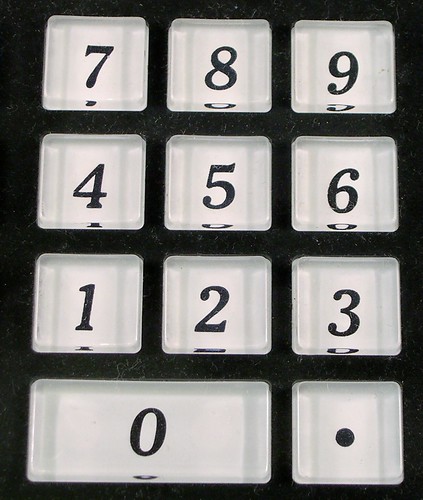Accounting has been around for thousands of years. It dates back to some of the earliest civilizations, when very basic methods were used to keep track of essentials like livestock and harvest numbers. While the methods and technologies have changed dramatically since those first accountants began keeping records, the underlying concept and objective is the same: recording and analyzing financial transactions and data for the purpose of increasing value.

The First Records from Mesopotamia
Among the artifacts unearthed at archaeological sites throughout the Fertile Crescent were small tokens that were used to record changes in livestock and crop production. This most basic interpretation of accounting was limited to counting products (crops and livestock) and using that data to guide future decisions in crop cultivation and livestock herding. Despite the simplicity of the system, this early accounting represented a significant evolution in the development of civilization.
Accounting Grows in the Roman Empire
The accounting developments of Ancient Rome led to a system that more closely resembles accounting practices that are still in use today. Historians and military personnel kept meticulous records of the financial transactions of the empire: money spent on the public, cultural and infrastructure expenses, military costs, and revenues from the empire’s various income sources. Similar methods were applied on a smaller scale on Roman estates and farms.
Better Records with Double-Entry Bookkeeping
As Europe shifted from a bartering system to a monetary economy towards the end of the Middle Ages, it became necessary to maintain accurate records of all fiscal transactions. The concept of double-entry bookkeeping developed to accommodate more complex transactions that often involved bank financing. In this system, each transaction includes both a credit and a debit entry; it allows for more accurate records to reflect how transactions affect the flow of money through the business. The foundations of the double-entry bookkeeping system are still widely used today.
Accounting in the 21st Century
The rapid growth and development of the Internet and related technology that began near the end of the 20th century have had enormous impact on the field and methods of accounting. Where accounting departments traditionally maintained paper records, entered data by hand, and completed calculations with the help of an adding machine or calculator. Accounting was a monotonous, repetitive, and laborious field; one small mistake in any step of the process could lead to disastrous results.
Thanks to technology, accounting has now gone electronic. Many programs are available to help you manage various aspects of your business accounting, from recording to analyzing and reporting. You can also take advantage of online accounting services, which offer the convenience and accuracy of electronic accounting programs, with the ability to maintain records in secure cloud storage and the ability to adapt accounting applications to perfectly suit your business, its size, and its operations.
For the best in online accounting, contact myVAO today. We are eager to help you streamline your business with accounting and tax services customized for your business.

